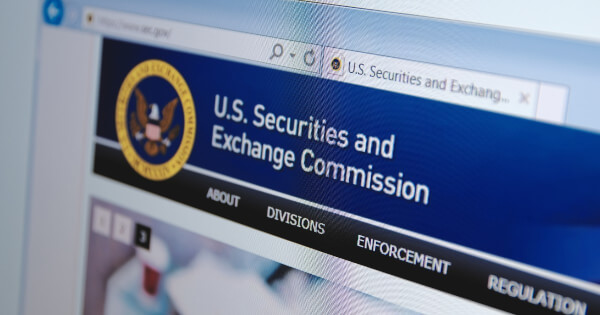The U.S. Securities and Exchange Commission (SEC) has extended its review period for proposed rule changes, sparking fierce debate among lawmakers and industry experts. These developments, noted January 18, 2024, highlight ongoing tensions between regulators and the financial industry, particularly in areas that intersect with social and environmental issues.
The proposed rule changes appear to be part of the SEC’s broader authority to regulate domestic securities exchanges and market participants, although they are not explicitly detailed in available sources. The SEC invited public comment on the proposal through notices SR-CBOE-2024-004 and SR-CboeBZX-2024-005, signaling the agency’s commitment to transparency and stakeholder engagement.
The regulatory action comes amid heated debate over the SEC’s proposed climate disclosure rules. The rules, introduced in 2022, aim to force companies to report climate change risks in their registration statements and periodic reports. This information includes risks to your business operations or financial condition due to climate change, such as vulnerability to coastal flooding or the adaptability of your business model to changing consumer demands and policy changes.
The debate in Congress reflects deep ideological divisions. Republicans like Rep. Bill Huizenga (R-Mich.) call the SEC’s actions an abuse of power. They argue that Congress has not delegated authority to the SEC to require climate disclosures and have raised concerns about underestimation of the cost of the rule and lack of cooperation with Congress on revisions.
Democrats, on the other hand, defend the SEC’s actions within its authority. They highlight the importance of investor awareness of climate-related risks affecting their investments. Rep. Rashida Tlaib (D-Mich.) highlighted a 1979 D.C. Circuit Court of Appeals decision that gave the SEC broad discretion to promulgate rules requiring information beyond statutory requirements.
The SEC’s move symbolizes the Biden administration’s efforts to integrate climate goals into various agency missions. As Congressional hearings have shown, these arrangements are not without controversy. The survival of this rule could set a precedent for future regulatory actions addressing climate change and its impact on the financial sector.
The SEC’s extended review period for proposed rule changes represents a prudent approach to navigating a complex regulatory and political environment. The postponement decision, which comes against the backdrop of widespread debate about the role of regulators in addressing environmental and social issues, signals the evolving nature of financial regulation in the face of new global challenges.
The next decision on this matter is expected on March 5, 2024. These delays could impact a variety of financial sectors, including ETF bids such as VanEck’s Ether ETF bid. The SEC’s action and the resulting controversy highlight the complex balance between regulatory oversight, investor protection, and the economic impact of environmental and social governance (ESG) factors on the financial world.
Image source: Shutterstock

